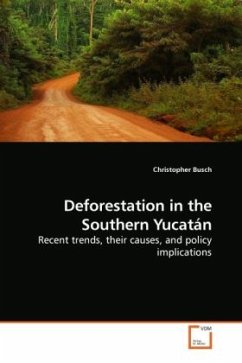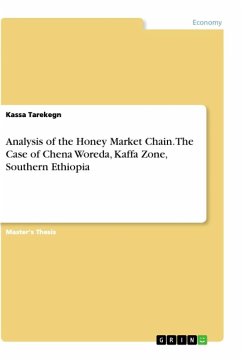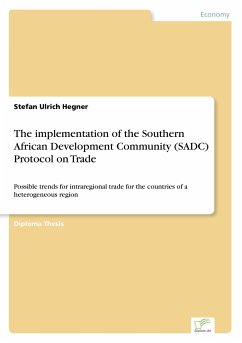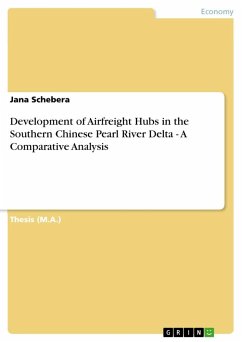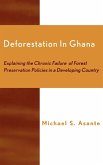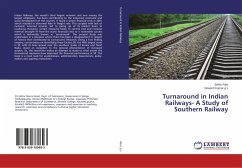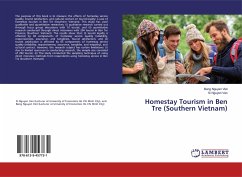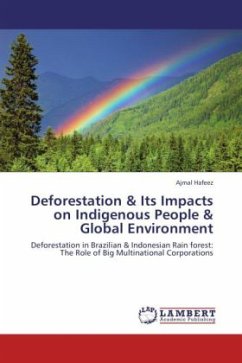This book explores recent trends in deforestation in
the Southern Yucatán (SY) of Mexico. Our main
empirical finding is that in recent years the
expansion of pasture for cattle has driven net forest
loss, i.e. deforestation, in the area we studied in
the SY. The story that emerges from modeling
results and other evidence is one in which behavior
is driven by the interplay of incentives, underlying
constraints, a lack of alternative opportunities,
government inducements, and household preferences
including risk aversion. Cattle ranching reduces
risk and vulnerability. Cattle are more robust to
climatic extremes and serve as a savings mechanism
for people without easy access to banks. Cattle
ranching, which uses relatively more land and less
labor than crop cultivation, also fits well with the
resource constraints of small household farmers in
the SY who hold land in relative abundance. Finally,
for many years cattle ranching has received
substantial government support in the form of credits
and subsidies. The last part of the book explores
policy implications of the behavioral findings with
an emphasis on options for mitigating climate change.
the Southern Yucatán (SY) of Mexico. Our main
empirical finding is that in recent years the
expansion of pasture for cattle has driven net forest
loss, i.e. deforestation, in the area we studied in
the SY. The story that emerges from modeling
results and other evidence is one in which behavior
is driven by the interplay of incentives, underlying
constraints, a lack of alternative opportunities,
government inducements, and household preferences
including risk aversion. Cattle ranching reduces
risk and vulnerability. Cattle are more robust to
climatic extremes and serve as a savings mechanism
for people without easy access to banks. Cattle
ranching, which uses relatively more land and less
labor than crop cultivation, also fits well with the
resource constraints of small household farmers in
the SY who hold land in relative abundance. Finally,
for many years cattle ranching has received
substantial government support in the form of credits
and subsidies. The last part of the book explores
policy implications of the behavioral findings with
an emphasis on options for mitigating climate change.

